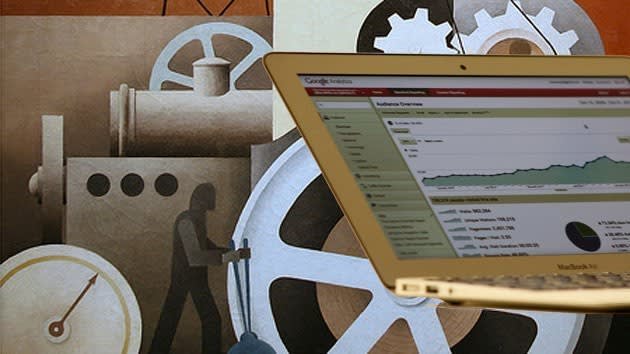Online revolution is astounding but poses risks for real estate businesses: Scott Keck
Five years on from the GFC, its effects are still being felt, particularly, so far as real estate investment and development is concerned, in the critical areas of finance availability and consumer confidence.
The current swirl of economic changes include global de-leveraging, tighter finance, subdued consumerism, lower interest rates, locally a high Australian dollar and mounting concerns about the return on mining investment and global trade patterns. These all come at a challenging time for baby boomers – where do they put their money?
Whilst shares and equities are affected more by global influences, real estate is much more affected by the domestic outlook. In Australia, the fundamentals – given population growth and economic resilience – are strong, although this does not prevent cyclical excesses from time to time such as many believe is now being experienced in the Melbourne apartment market.
The prospects for real estate growth are determined by a property's "use", measured either by competing demand in the non-rental market such as family homes, or by rental value in the commercial sense such as with retail shops, commercial offices or industrial warehouses and factories. Therefore, the key to successful investment, looking forward, is to fully understand the tenant's business, have a view about the security of its business and understand its capacity to reliably pay rent. Is it a growth business, is it a stable business, or is it a declining business? These are the key criteria.
In relative terms it could be said that the industrial revolution of the 19th Century took us only from the candle to the lightbulb but the electronic or IT revolution of the last 30 years will be far more significant. Over the last 25 - 30 years the business community has been going through an apprenticeship getting used to the new electronic age, but we now have for the first time young executives running major corporations who have electronics and IT in their DNA. Business is now therefore on the verge of being transformed and the speed of the online revolution will be astounding. This has definite implications for real estate in all its commercial forms: retail, office and industrial.
One potential and perhaps unexpected consequence of the electronics revolution is that many companies seeking to maintain profitability by reducing costs through the induction of sophisticated IT may well do it badly and at excessive cost thus damaging their model. Another risk is that they may "de-personalise" a business model which had successfully operated through a high level of "personal client contact" – companies and their share value may be challenged.
There is the serious prospect that the Australian middle class lifestyle is under pressure and that disposable income in real terms is likely to slow or even decline over the next decade. The impact of globalism, the effectiveness of outsourcing through IT into other countries with cheaper remuneration regimes, international competitiveness generally and workplace efficiencies leading to higher unemployment are, to my thinking, ominous signs.
These changes, if they are to occur, must flow through to lower growth rates in real estate, lower demand for higher value properties and higher demand for lower value properties. More cost conscious specification, smaller size, higher density and an overall lower cost approach to housing Australia's growing population will be required.
Australia needs to attract as much investment capital from overseas as possible and rather than just waiting for it to arrive like driftwood on our shores we should be making efforts to garner every possible investment dollar and flicker of interest that the increasingly wealthy overseas investors may be prepared to entertain in this country.
It is amazing that Australians generally are unaware of the socio-economic change that is occurring. The population of the "once lucky country", is firmly on track over the next decade to become the new "white trash" of the rich and more economically powerful broader Asian region headed by China and India. Can't they see it coming?
In contrast to a widely-held belief, I have a concern that the near locality of Australia to the Chinese and Indian markets is not itself a guarantee for those export markets to remain strong customers of Australia.
As both of those huge nations prosper with their growing urban economies, much of their domestic demand will be self-satisfied from within and to the extent that they still need to import, Australia must compete with other South-East Asian countries such as Korea, Thailand, Vietnam and Myanmar, as well as with South America and Africa, and all of which nations are globally very competitive with much lower cost labour regimes than in Australia.
For Australia therefore, things may not be as rosy as so many people are anticipating, and equities may be more volatile than real estate over the next decade.
Scott Keck is executive chairman at Charter Keck Cramer
Images courtesy of Flickr.
